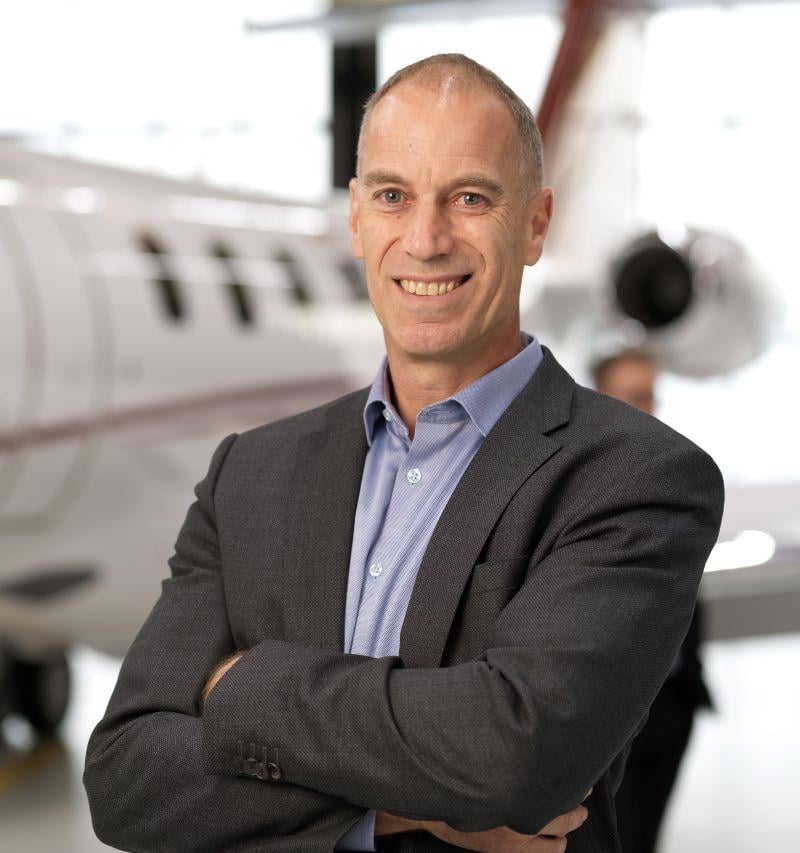
Pilatus CEO Markus Bucher.
Credit: Pilatus
Markus Bucher joined Switzerland’s Pilatus Aircraft more than 30 years ago. He was appointed CEO in 2013. On the eve of the European Business Aviation Convention and Exhibition (EBACE), he speaks with Aviation Week Network Show News Editor-In-Chief Thierry Dubois. Bucher shares his thoughts on...
Subscription Required
This content requires a subscription to one of the Aviation Week Intelligence Network (AWIN) bundles.
Schedule a demo today to find out how you can access this content and similar content related to your area of the global aviation industry.
Already an AWIN subscriber? Login
Did you know? Aviation Week has won top honors multiple times in the Jesse H. Neal National Business Journalism Awards, the business-to-business media equivalent of the Pulitzer Prizes.





